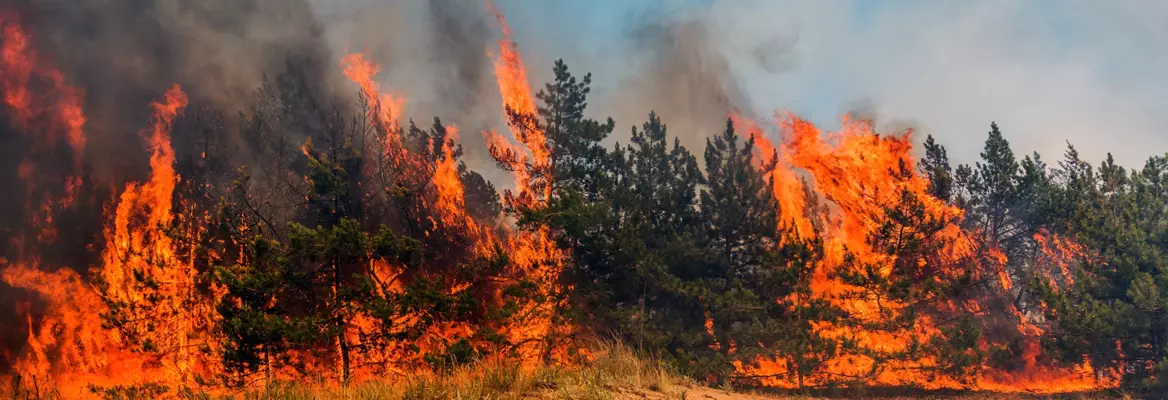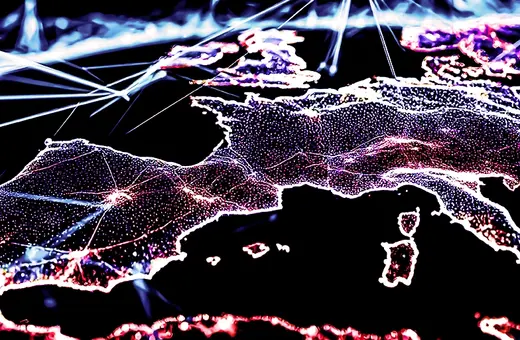2023 was the hottest year ever. But we still don't understand the climate and our models don't predict it accurately, and they need to. With crisis around the corner, Tim Palmer argues that the only way we can mitigate let alone solve climate change is with a CERN for climate models. Otherwise we’ll be stuck in the 1970s in an ever more inhospitable world.
I sat down with Professor Tim Palmer to discuss some of the issues coming up at the Global Climate Future panel coming up at HowTheLightGetsIn May 24th-27th. Tim is the Royal Society Research Professor in Climate Physics and a Senior Fellow at the Oxford Martin Institute. An expert in chaos, his latest book The Primacy of Doubt shows how we can understand chaos and use it to predict the world around us.
Decrying the certainty with which many argue about climate change, Tim suggests that our models are stuck in the 70s, the resolution – how clearly we can know the specifics of the climate in a particular region – of our current models is poor. Last year’s heatwaves left many climate scientists surprised with NASA climate scientist Gavin Schmidt writing “It’s humbling and a bit worrying to admit that no year has confounded climate scientists’ predictive capabilities more than 2023 has.” This is just one sign of the many gaps in our knowledge. But Tim argues it doesn’t have to be this way. With the development of a CERN for climate modelling, an international effort to produce better models could better inform our plans for mitigation, adaptation and solutions to the climate emergency.
SUGGESTED VIEWING The science of uncertainty with Tim Palmer With Tim Palmer
We are often told that there are many variables which make climate modelling more difficult. You have argued that we can understand chaos and just need to provide more time and resources to solve the problem. Are there not some intractable issues around the models we use to understand the climate?
I guess the honest answer is that we don’t know. But I take some encouragement from weather forecasting. If you go back to the 1970s weather forecast models were pretty rudimentary. I think you can compare climate models of today to simple weather models of the 70s. We could bring climate models to the levels of weather models today, if we pooled resources internationally. This being at the heart of my call for a CERN for climate change.
___
A system which may cost a billion seems like a trivial matter when it would give us our best shot to save lives and mitigate damage.
___
If you go back to the 1970s you’ll find there were tropical cyclones which killed 150,000 people because the modelling was so poor that no one got any sort of warning. Some massive storm surge could hit Bangladesh and kill all of those people. The combination of better modelling and communication allowed for warning which lets people move out of the way, saving thousands of lives each year. Now we don’t tend to get the scale of death 50 or so years ago.






















Join the conversation